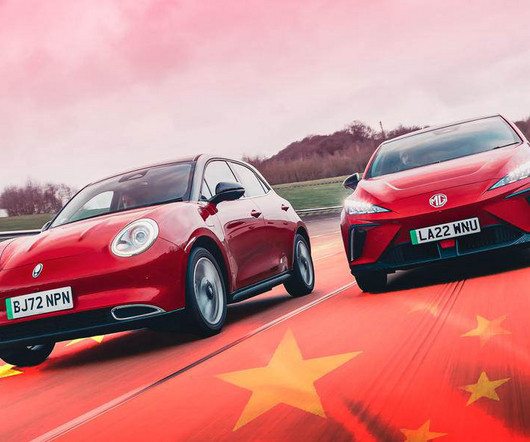Report Finds That Urgent Changes in Transport Financing Required to Enable More Sustainable Transportation Globally
Green Car Congress
AUGUST 23, 2010
The report, A Paradigm Shift Towards Sustainable Low Carbon Transport , finds that more than $1.5 trillion is spent annually on transport globally, mostly in ways that exacerbate rather than solve the problems associated with traffic growth, including congestion, health-harming air pollution, accidents, energy insecurity, and climate change.












Let's personalize your content